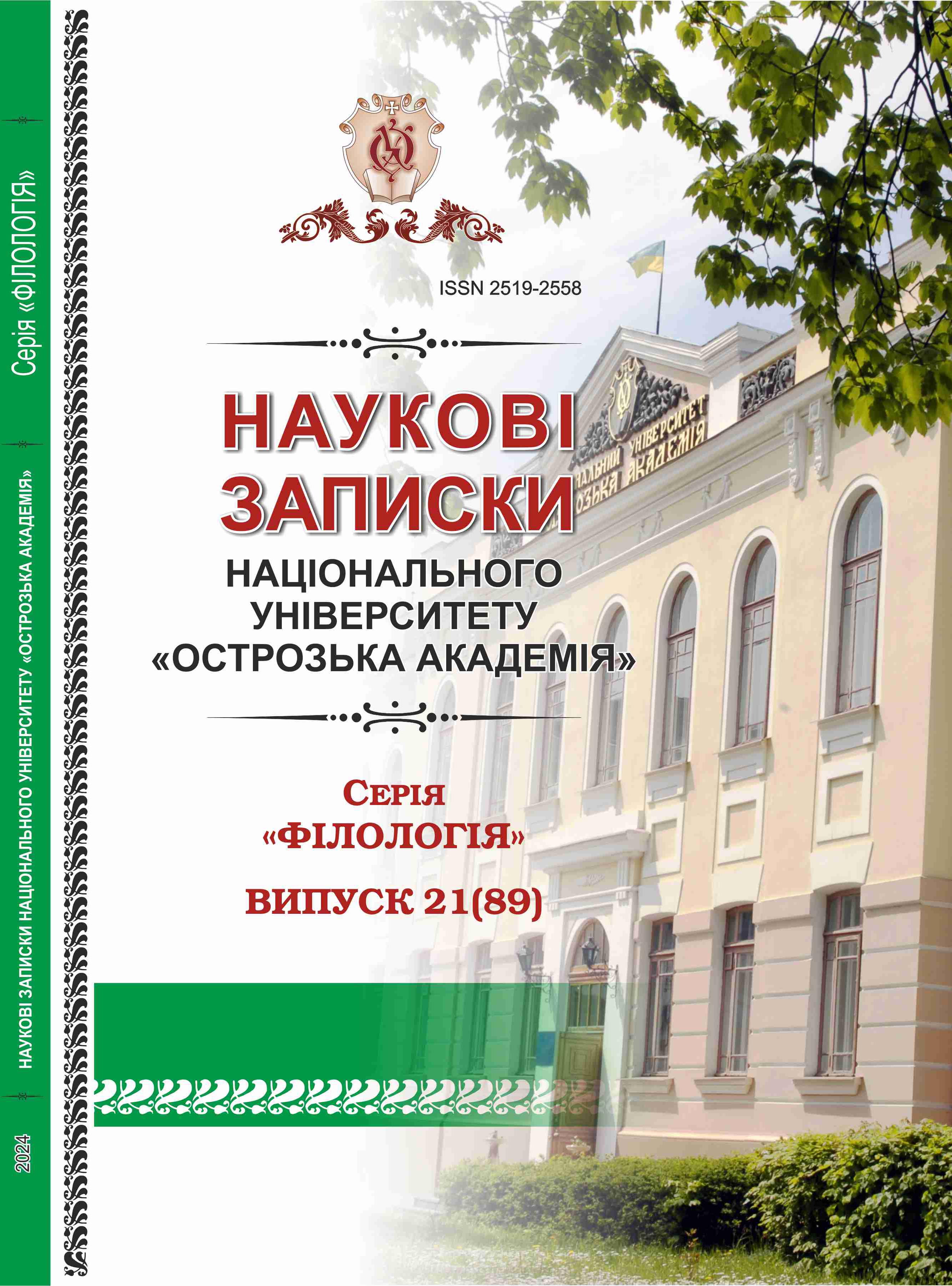PROSPECTS OF USING ELECTRONIC BOOKS WHEN TEACHING MARITIME ENGLISH
Keywords:
electronic books, e-tutorial, Maritime English, interactive tasks, communication, motivationAbstract
The article explores the integration of electronic books (e-books) into the pedagogical landscape of maritime English instruction. With the maritime industry’s global nature, effective communication in English is essential for safety and efficiency. Leveraging e-books offers educators and learners a versatile toolset to enhance language acquisition within this specialized domain. The research encompasses the benefits of e-books in fostering language proficiency, such as interactive multimedia features, accessibility, and tailored content. The paper also defines the term “electronic book” and describes experience of teachers of the Languages Department at the State University of Infrastructure and Technologies when creating e-tutorial. The challenges that might influence the benefits of using electronic books are technical problems, distraction and multi-tasking, fatigue, etc. To investigate these issues, we have conducted surveys among students and teachers who used the book. So, having analysed the questionnaires after completing the course, we have outlined the advantages and disadvantages of using electronic textbooks.
The findings reveal that teaching Maritime English using electronic books is a really effective tool for online learning. The article provides a comprehensive framework for educators to harness the potential of e-books enriching the learning experience and preparing learners for effective communication in the maritime profession.

